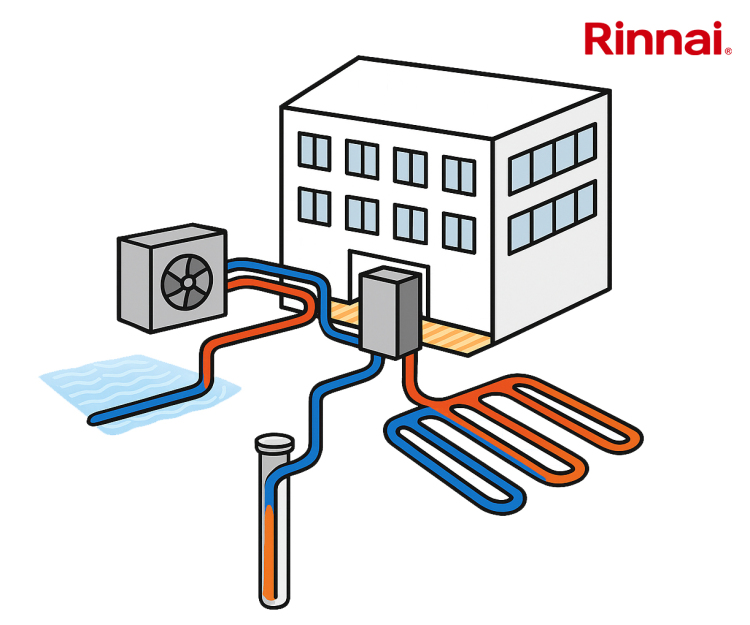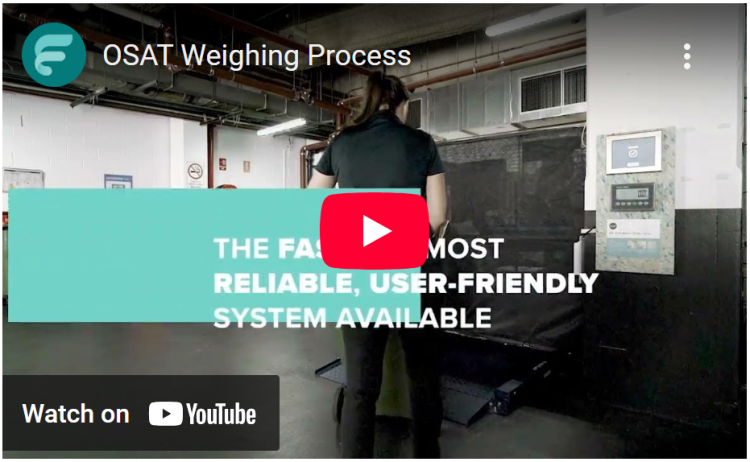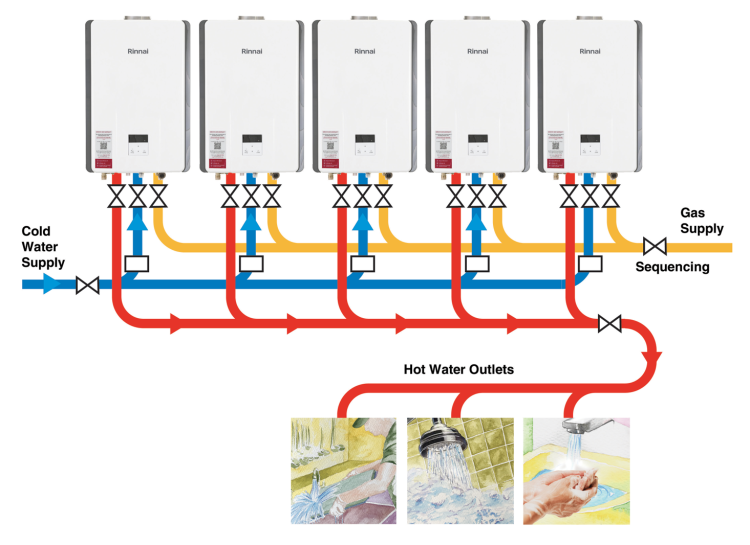- Content
- News
- Committee Lose Their RAG At Government's Naive Carillion Risk Scale
25 May 2018 | Updated 30 May 2018
The Government's Red, Green, Amber risk assessments relating to Carillion and other major outsourced services were not good enough a Parliamentary Committee has declared.
The House of Commons Public Accounts Committee said in its Report that the collapse of Carillion plc in January 2018 raised significant concerns about the Government’s relationship with and management of, its major suppliers and the potential impact on the delivery of important public services.
The Government designates a company as a Strategic Supplier if it has contracts across several Departments that generate more than £100 million per year or it is deemed significant to a particular sector.
At January 2018, there were 28 Strategic Suppliers, including Carillion. Papers were supplied to the Committee showing Strategic Suppliers assessed with a risk rating of Amber, Red or Black for the period March 2014 to January 2018. This is called the RAG scale.
The Carillion assessments show that:
Although Carillion had been rated Amber owing to performance against contracts with the Ministry of Defence and Ministry of Justice, it was not until after Carillion issued a profit warning in July 2017 that Government downgraded Carillion to Red. It appears the Government was not aware of Carillion’s financial distress until this point.
Not in the Black
In November 2017, officials recommended a provisional Black rating for Carillion. However, following representations from the company, the Cabinet Office did not confirm the designation. Carillion collapsed less than two months later.
The other 27
The risk assessments relating to other Strategic Suppliers raise concerns about their performance against contracts, and about the relationship between Strategic Suppliers and Government.
The Committee has at present chosen not to publish these papers but it reserves the right to do so. It now intends to take evidence to explore the issues and pursue concerns about Suppliers raised in the papers and previous Committee reports.
Chair's comments
Comment from Committee Chair, Meg Hillier MP: "Government has become dependent on large contracts to deliver public projects and services. Great secrecy surrounds them. If a company providing a number of these contracts fails, this is bad news for service users and the taxpayer.
"The Strategic Supplier risk assessments provide an insight into the relationship between Government and Suppliers and give rise to many questions we want to pursue."
Secrecy
Hillier continued: "We recognise there are commercial sensitivities around that relationship. We are also alert to the potential impact on jobs and small businesses should certain information be made public. We have been mindful of the workers and businesses who could lose out through no fault of their own if certain information is in the public domain.
"But equally we are concerned about the lack of transparency and its potential to create an environment where poor practice takes root. Taxpayers deserve to know where their money is going, that their investment is being managed wisely and that Government is providing effective oversight.
"The Carillion papers identify clear and compelling problems with the business in the months leading to its collapse. Government had the opportunity to deal with them.
Hillier concluded: "Taxpayers, service users and people and businesses plunged into financial difficulty by Carillion’s demise deserve to know what happened."
Taxpayer burden
Hillier also spoke about ongoing costs, saying: "When a contract breaks down, Government is the provider of last resort. While it did not bail out Carillion – the company went in liquidation – it did inherit responsibilities and costs, ultimately borne by taxpayers, that would otherwise not be met. Failure of essential services is not an option so we need to understand the potential risks to the taxpayer.
"The fall-out from Carillion’s collapse and the resulting burden on the public purse is still not clear. We will be seeking clarity on these critical matters and probing Suppliers and Government about what they are doing to ensure such a catastrophic failure is not repeated."
Deputy Chair - RAG too slow and clunky
Deputy Chair, Sir Geoffrey Clifton-Brown MP said: "The Government’s RAG scale for Strategic Suppliers appears to be too slow and clunky. Profit warnings for Carillion were issued in July and September 2017 and yet a high-risk recommendation to Ministers was not made until 29 November 2017. The City, in contrast, knew well before July 2017 that Carillion was in trouble."
Too big to fail
"Too many Government facilities contracts were concentrated in one large firm giving the impression that it was too big to fail, hence the perception that the Government would bail them out when push came to shove," said Clifton-Brown. "The Carillion Board’s erroneous belief that the Government would not let the company collapse appears to have contributed to their failure to take the necessary action to save the company and prevent the sad loss of jobs and damage to numerous suppliers and subcontractors when Carillion went into liquidation."
How RAG works - or doesn't as the case may be
The risk assessments aggregate publicly available information such as stock market performance, media coverage and financial statements, together with the Government’s information on contract performance. The assessments also include information provided by suppliers on potential, and live bids for further government contracts.
Risk assessments are compiled by Crown Representatives who are officials that sit on the Commercial Relationships Board in the Cabinet Office. Each Strategic Supplier is allocated a Crown Representative, who monitors and assesses the supplier’s performance and relevant risk factors against contracts. The Crown Representatives produce summary risk assessments every six weeks for submission to the Commercial Relationships Board.
Red: Significant material concerns for Cabinet Office Commercial Relationships Board to consider High Risk designation.
Amber: There are material concerns with the Supplier across one or more contracts.
Green: No known issues or isolated issues being handled through the business as usual channels.
The two main grounds for designation as High Risk are serious and persistent underperformance on a contract or contracts and financial distress. Papers show that Carillion plc’s July 2017 profit warning satisfied the financial distress grounds for consideration as High Risk.
Status Quo
A Strategic Supplier designated as High Risk on grounds of financial distress, must meet with Cabinet Office to discuss plans to address the relevant issues. The Cabinet Office is supposed to monitor progress against these plans. Although High Risk designation does not preclude a Strategic Supplier from taking part in government procurement activities, the Cabinet Office advises that Departments, Non-Departmental Public Bodies and Executive Agencies reduce where possible the extent to which the Strategic Supplier is given additional work under the terms of an existing contract. However, the Policy advises that High Risk designation is not of itself relevant to the conduct of procurement activities.
Picture: A House of Commons has said the Governments RAG risk assessments relating to Carillion were not good enough.
Article written by Brian Shillibeer | Published 25 May 2018
Share
Related Articles
Inadequate IT Systems, Incomplete Data and High-Cost Leases – Inside the Report That Criticises Government Property Management
Reforms to manage the government’s vast property estate are based on “incomplete data” that risks them being locked into long-term, high-cost...
Read Full Article
Quidvis Acquired by Kings Secure Technologies
Kings Secure Technologies (KST) today announced that it has completed the acquisition of Fire Risk Assessment and risk management reporting specialist, Quidvis...
Read Full Article
HSE COVID-Secure Spot Checks Continue Throughout UK
As Greater Manchester and South Yorkshire move into tier three of lockdown, the Health and Safety Executive will continue to operate safety inspections to check for...
Read Full Article
Workplace Risk Assessments, Dealing with Threatening Behaviour and Employee Wellbeing
Conducting a risk assessment is not just about adjusting furniture to fit in with social distancing or stricter cleaning measures. Louise Hosking, Vice President of IOSH,...
Read Full Article
Parliamentary Estate Contract Let As Committee Still Dally Over Restoration
Imtech Inviron have retained and significantly extended their technical facilities maintenance contract at the Houses of Parliament while the Joint Committee on the Draft...
Read Full Article
Green Grant Slash Drives LEV Dash But No Plug-ins Are A Problem
Motorists are snapping up low-emission vehicles (LEVs) before grants are cut and Parliamentary Committee has slammed the Government's commitment to electric...
Read Full Article
Accounts Committee Slam Government On Contracting & Procurement
A failure to ensure contractors could do what they were bidding for at the price they were bidding, its relationship with Carillion and an abject failure to encourage...
Read Full Article
NAO Official - Public Inquiries Are Expensive and Don't Achieve Goals
With a number of inquiries still in progress - not least in to Grenfell - it has emerged that spending, sharing and generally getting a positive outcome is out of...
Read Full Article
Carillion - A Giant And Unsustainable Corporate Time Bomb
Carillion's delusional, 'shyster' directors should be struck off, the final report of The Work and Pensions and BEIS Committees says. The report was released...
Read Full Article
The Case For The Defence! Soames & Bentley - Serco & Mitie - Dynamic Duo Stand Up For FM
Government suppliers and other parties have started the process of being questioned on public sector outsourcing by the Public Administration and Constitutional Affairs...
Read Full Article


.gif)
.gif)

.gif)



.png)

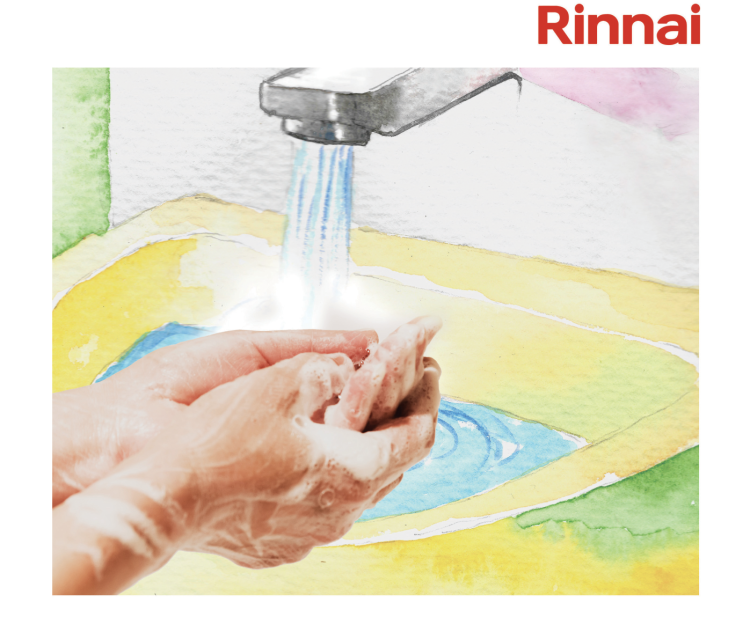
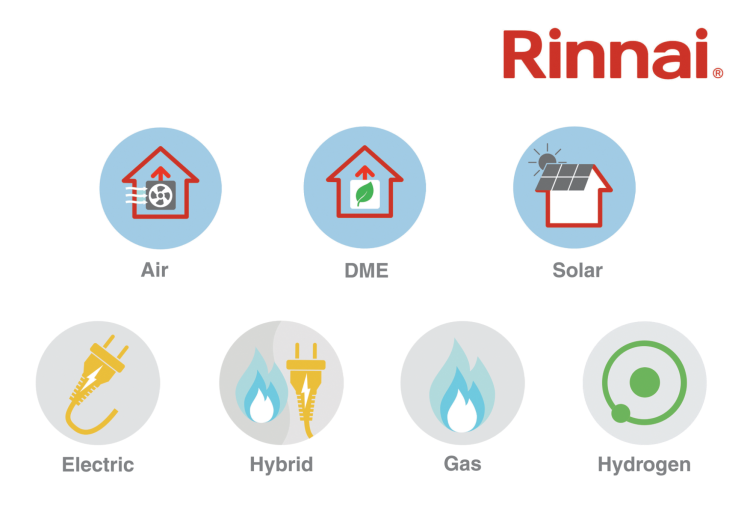
.png)
